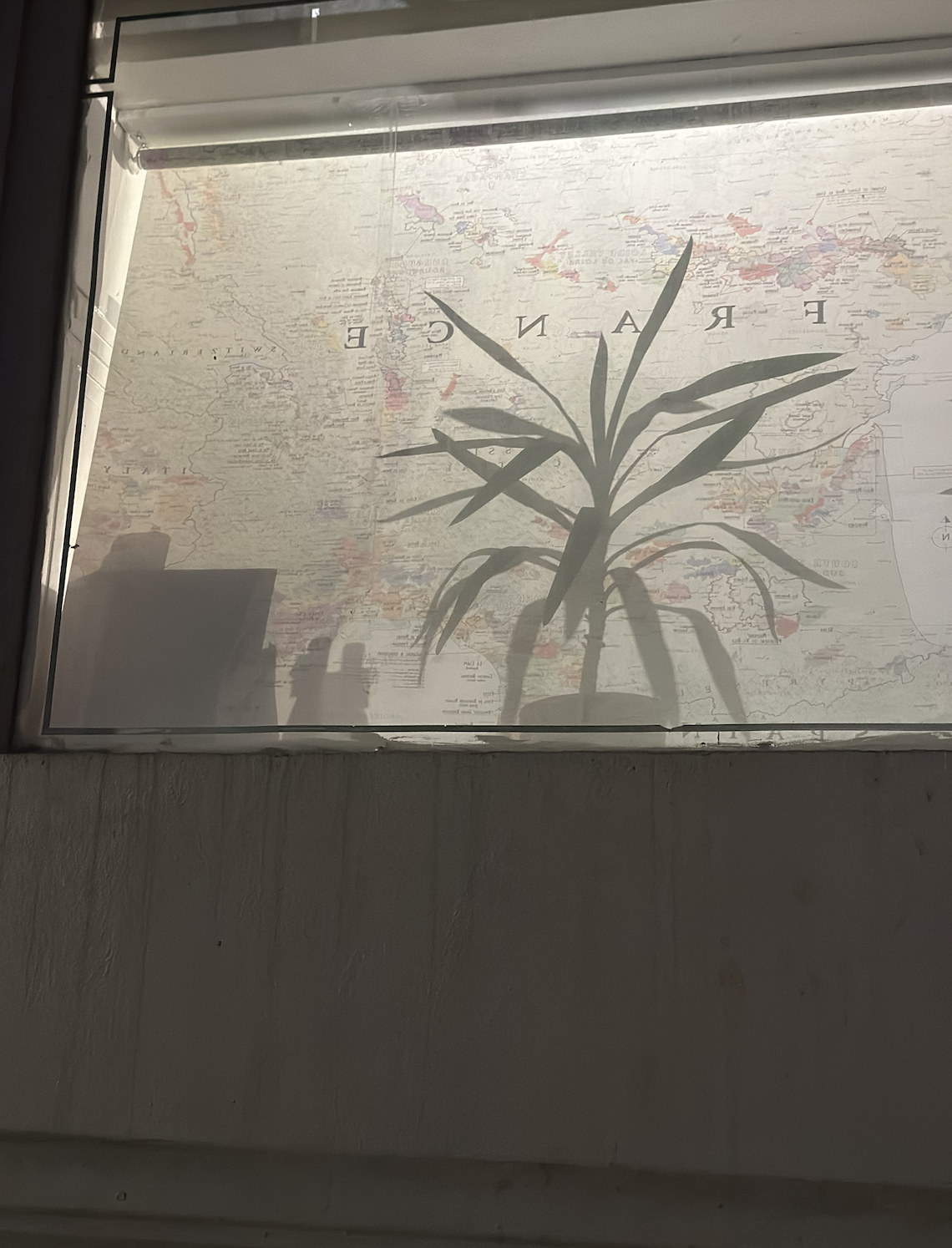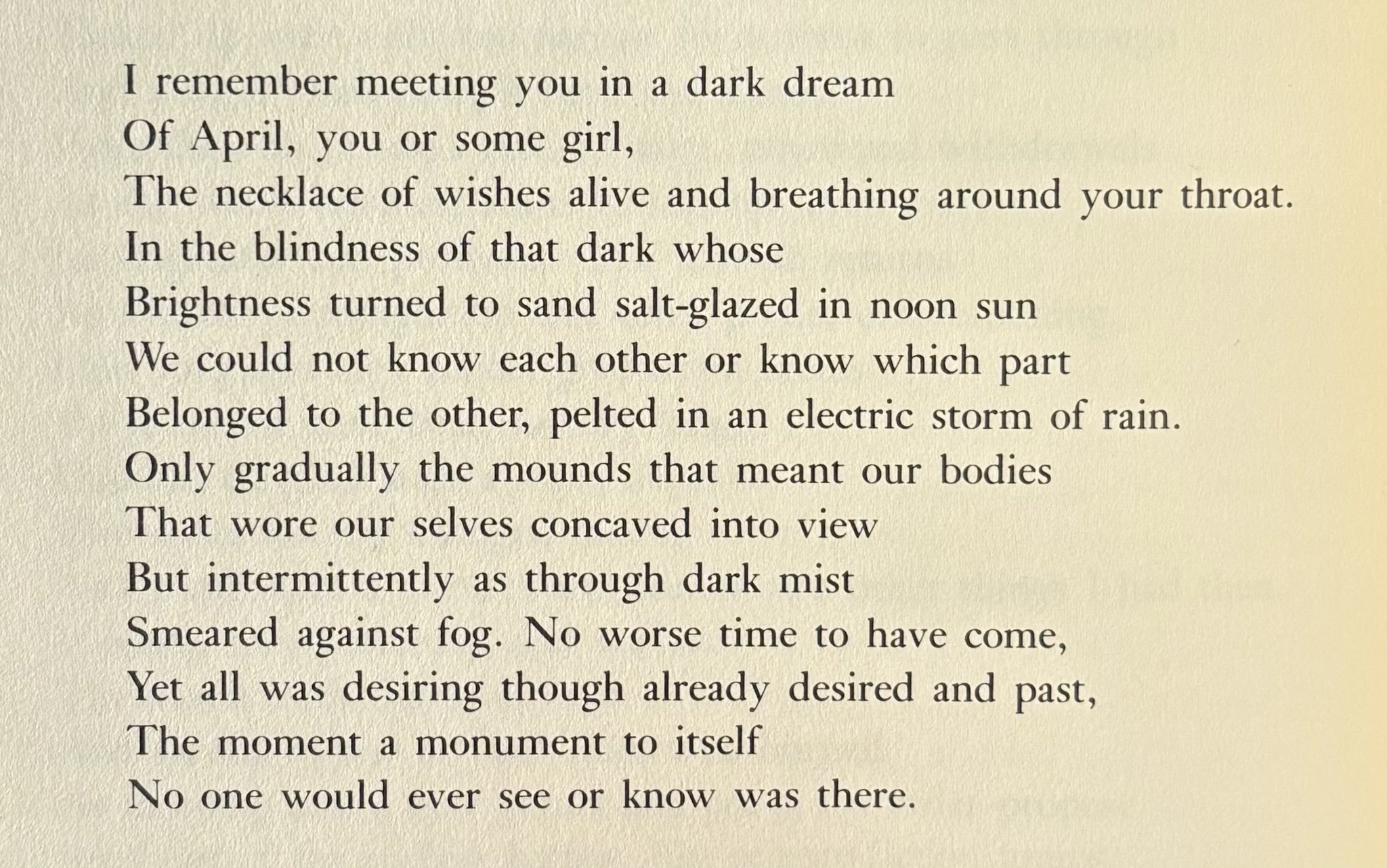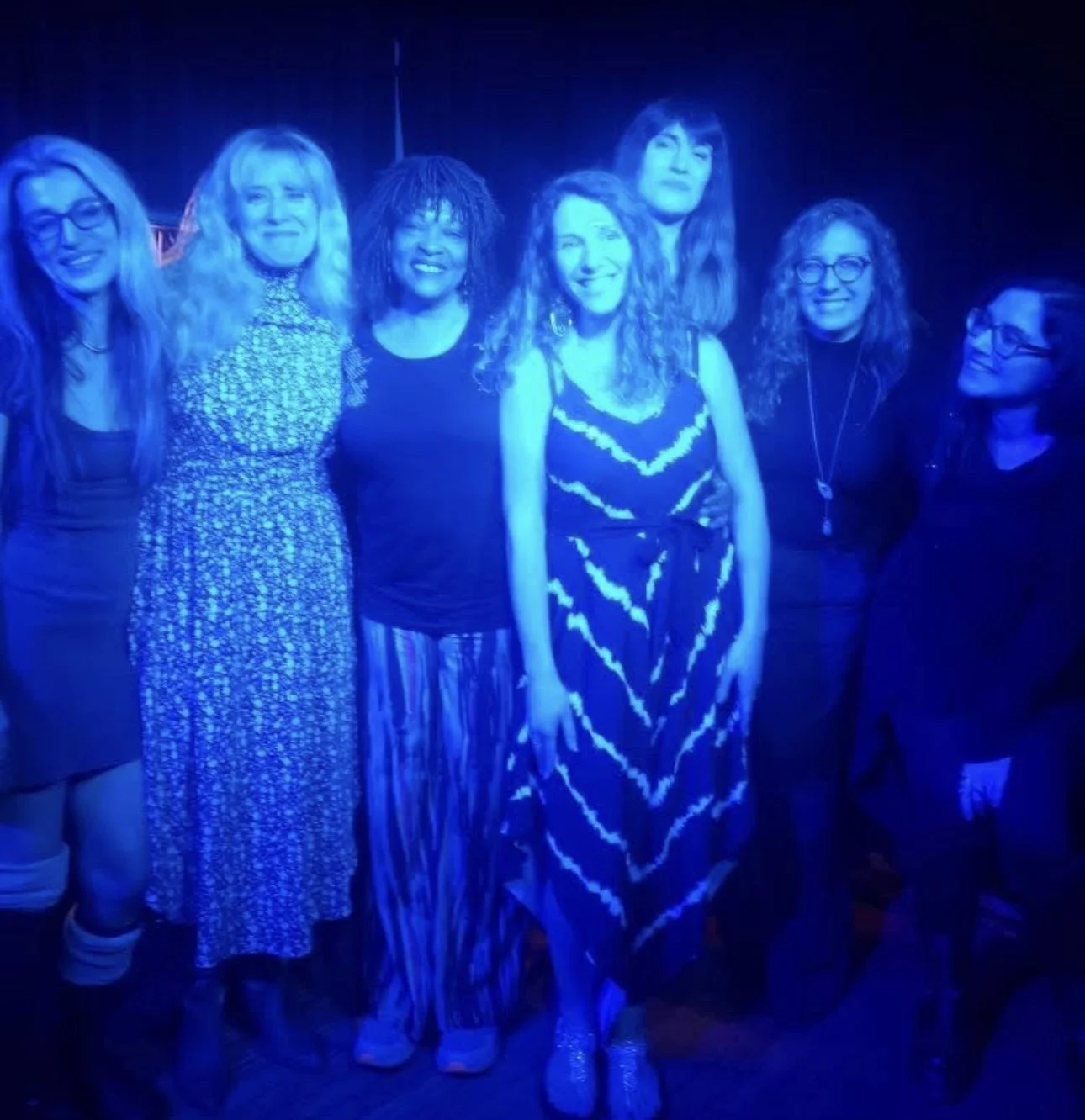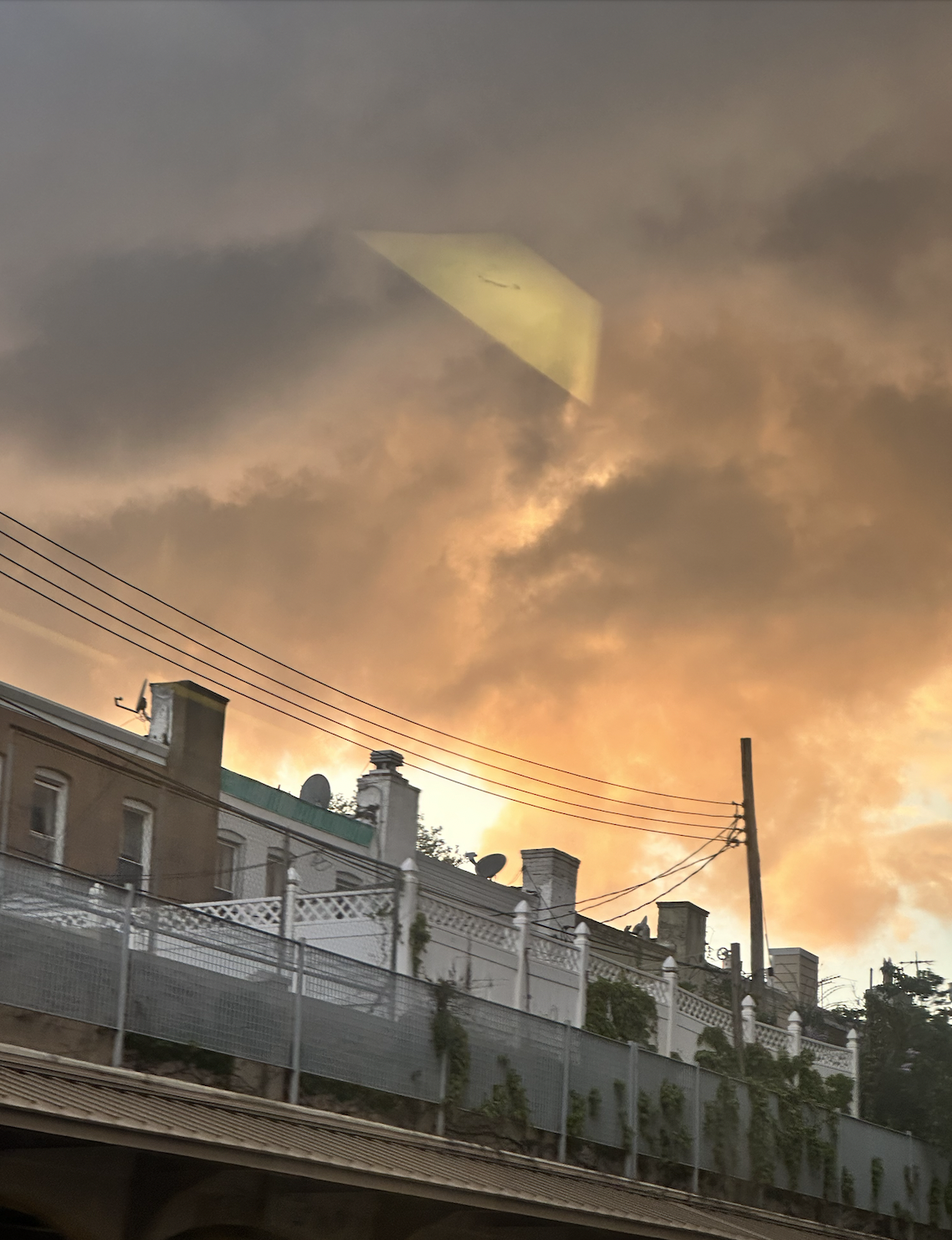A handful of sights and sounds during my five nights in NYC, in no particular order, sans any revelation apart from the joy of hearing other poets and admiring their work.
“Like diamond rain”
alive this springtime
is the birdsong
that like a sweeping mesh has captured me
like diamond rain I can’t
hear it enough said the tulip
— Alicia Ostriker, “Song” (like my daimon, rain)
“The vice known as Surrealism consists of the disordered and passionate application of the stupefying image.” (Louis Aragon, Abridged Dictionary of Surrealism)
Savored . . . Cadence. Noona Noodles. Danubias. Çka ka Qëllue. Bowery Poetry.
“The sung-so”
“What is a poem but the management of silence and babble?” asks Dean Young.
[Later, Young says that if the tragedy of every poem is that nothing changes or is healed, the hope is that “being finds its shape in the sung-so.”]
So I sent her back an empty box
A big mistake, sent back an empty box
— Morphine
“The absence of a thing is not merely that, it is not simply a partial lack, it is a disruption of everything else, it is a new state which one cannot foresee in the old.” (Marcel Proust)
Half in the shadows, half in the husky moonlight
And half insane just a sound
— Morphine
“The Great Game”
“It is not to belittle Surrealist activity — as it has unfolded from 1924 to the present day — to consider it as a game, in fact as The Great Game, whose prizes in the eyes of those who played and lived it, can be calculated in promises of freedom, love, revolution, and in anything else that intransigent desire can aspire to.” (Phillipe Audouin)
His body is a golden string / That your body is hanging from (Leonard Cohen, “The Master Song”)
“Everything is covered in blood related to sound” (Pascal Quignard)







Pascal Quignard organized the International Festival of Baroque Opera and Theatre at Versailles in the early 1990s. However, in 1994, Quignard suddenly renounced all his musical activities. No more music, he declared. He was finished. What followed was the publication of a book, The Hatred of Music, on the power of music and what history reveals about the dangers it poses. These ten treatises about the danger in listening aim “to convey to what point music can become an object of hatred to someone who once adored it beyond measure.”
Quignard's beef is actually with the omnipresence of sound, a sonic super-profusion that has metastasized into a force of death more than of life. “Rhythm holds man and attaches him like a skin on a drum,” he wrote. Q mines a pet peeve of Glenn Gould’s when he concludes that “concert halls are inveterate caves whose god is time.” Ultimately, it is an irresistible book about how we hear, and how what we hear can destroy it.
“Individual —- but not personal”
In The Pleasure of the Text, quoting Nietzsche on interpretation as an exercise of the will-to-power, Roland Barthes wrote:
Then perhaps the subject returns, not as illusion, but as fiction. A certain pleasure is derived from a way of imagining oneself as individual, of inventing a final, rarest fiction: the fictive identity. This fiction is no longer the illusion of a unity; on the contrary, it is the theater of society in which we stage our plural: our pleasure is individual—but not personal.
Denis Donoghue’s reply to Barthes has been on my mind lately. Thus do I leave it here, with an acknowledgement that Levinas’ theories have also been complicated by the present:
I wouldn't mind inventing myself in this way, creating a fiction and calling it for the moment me. It may be that we lose very little by thinking of a self in literature as a grammatical subject, textual rather than ontological; though it would seem odd to refer to Leopold Bloom or Falstaff Isabel Archer as grammatical subjects. It would impede conversation if that were the only way we were permitted to speak of them. Besides, as a reader of Levinas, I would feel squeamish about thinking of other people—even imagined people—as fictive or notional: it's a habit I wouldn't like to take up.
Speaking of habits, what follows is a smattering of the books that brought joy to my time in NYC, with links provided . . . in case your stacks are dwindling.
And mean to ask an angel why we can see
Everything but Earth from Heaven
But I don’t ask I don’t think I could stand to not
Be answered but I don’t think I could stand the answer
— Shane McCrae, “From Life”













